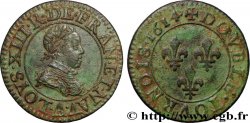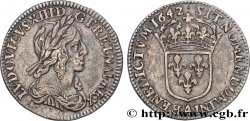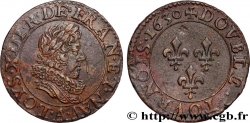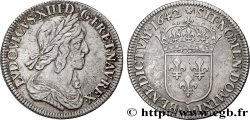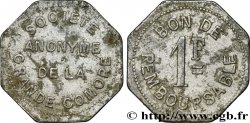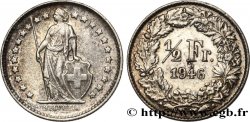120.00 €(Approx. 141.60$ | 104.40£)
Quantity
Add to your cart

Type : Médaille, Cardinal de Richelieu
Date: 1978
Mint name / Town : Monnaie de Paris
Metal : bronze
Diameter : 80,5 mm
Orientation dies : 12 h.
Engraver JOLY Raymond (1911-2006)
Weight : 270,2 g.
Edge : lisse + 1978 + corne BRONZE
Puncheon : sans poinçon
Coments on the condition:
Patine hétérogène d’aspect bicolore, plus clair sur les reliefs et sombre dans les champs. Présence d’une petite usure
Obverse
Obverse legend : RICHE - LIEU.
Obverse description : Tête de face, signé : R JOLY.
Reverse
Reverse legend : SI NOTRE. VAISSEAV. DOIT. JAMAIS. VAICNRE. LA. TEMPETE. - CE. SER. TANDIS. QUE. CETTE / GLORIEUSE. MAIN. EN. TIENDRA. LE GOVVERNAIL..
Reverse description : Vaisseau voguant parmi des flots agités.
Commentary
Cet exemplaire est dans une boîte cartonnée bleue.
Armand Jean du Plessis de Richelieu, dit le cardinal de Richelieu, cardinal-duc de Richelieu et duc de Fronsac, est un ecclésiastique et homme d'État, né le 9 septembre 1585 à Paris et mort le 4 décembre 1642 dans cette même ville. Pair de France, il a été le principal ministre du roi Louis XIII.
Initialement destiné au métier des armes, il est contraint d'entrer dans les ordres afin de conserver à sa famille le bénéfice de l'évêché de Luçon. Temporairement ministre des Affaires étrangères en 1616, il est créé cardinal en 1622 et devient principal ministre d'État de Louis XIII en 1624. Il reste en fonction jusqu'à sa mort, en 1642, date à laquelle le cardinal Mazarin lui succède.
This example is in a blue cardboard box. Armand Jean du Plessis de Richelieu, known as Cardinal Richelieu, Cardinal-Duke of Richelieu and Duke of Fronsac, was a clergyman and statesman, born on September 9, 1585 in Paris and died on December 4, 1642 in the same city. A Peer of France, he was the principal minister of King Louis XIII. Initially destined for the profession of arms, he was forced to enter the orders in order to preserve for his family the benefit of the bishopric of Luçon. Temporarily Minister of Foreign Affairs in 1616, he was created cardinal in 1622 and became principal minister of state of Louis XIII in 1624. He remained in office until his death in 1642, when Cardinal Mazarin succeeded him.
Armand Jean du Plessis de Richelieu, dit le cardinal de Richelieu, cardinal-duc de Richelieu et duc de Fronsac, est un ecclésiastique et homme d'État, né le 9 septembre 1585 à Paris et mort le 4 décembre 1642 dans cette même ville. Pair de France, il a été le principal ministre du roi Louis XIII.
Initialement destiné au métier des armes, il est contraint d'entrer dans les ordres afin de conserver à sa famille le bénéfice de l'évêché de Luçon. Temporairement ministre des Affaires étrangères en 1616, il est créé cardinal en 1622 et devient principal ministre d'État de Louis XIII en 1624. Il reste en fonction jusqu'à sa mort, en 1642, date à laquelle le cardinal Mazarin lui succède.
This example is in a blue cardboard box. Armand Jean du Plessis de Richelieu, known as Cardinal Richelieu, Cardinal-Duke of Richelieu and Duke of Fronsac, was a clergyman and statesman, born on September 9, 1585 in Paris and died on December 4, 1642 in the same city. A Peer of France, he was the principal minister of King Louis XIII. Initially destined for the profession of arms, he was forced to enter the orders in order to preserve for his family the benefit of the bishopric of Luçon. Temporarily Minister of Foreign Affairs in 1616, he was created cardinal in 1622 and became principal minister of state of Louis XIII in 1624. He remained in office until his death in 1642, when Cardinal Mazarin succeeded him.







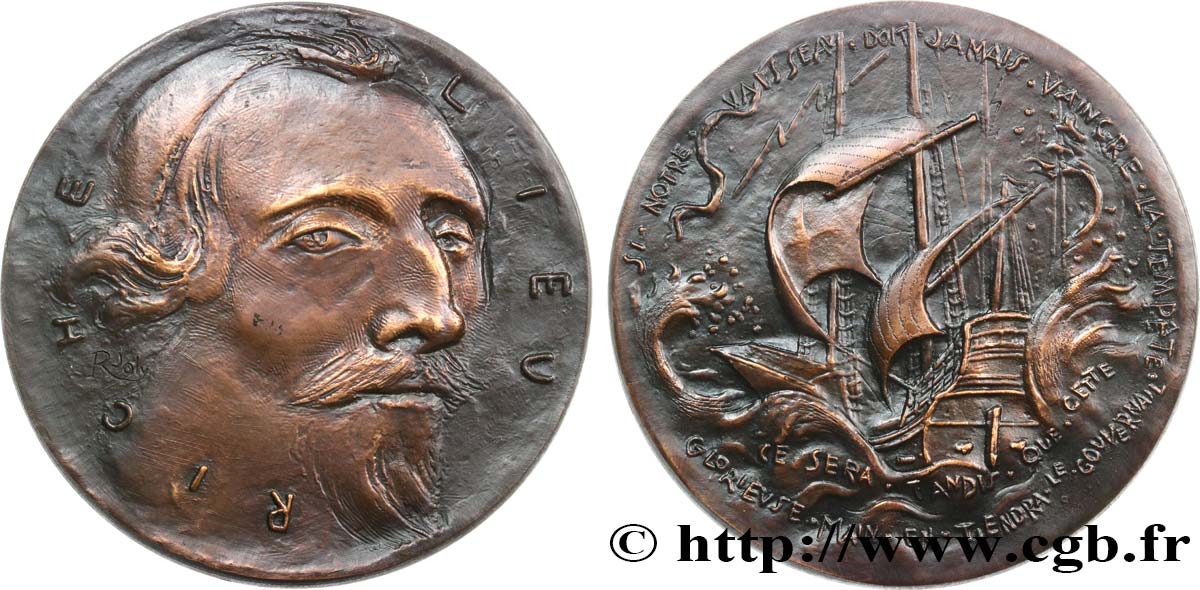
 Report a mistake
Report a mistake Print the page
Print the page Share my selection
Share my selection Ask a question
Ask a question Consign / sell
Consign / sell
 Full data
Full data